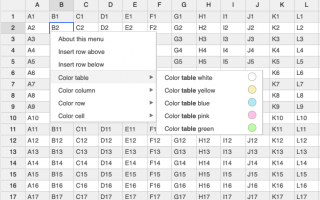Angular and Vue are two widely-used front-end development frameworks that are utilized to construct web applications. While they do share some similarities, there are also notable differences between them. In this article, we will examine the distinctions between Angular and Vue, and identify when each framework is most appropriate to use.
Architecture
Angular and Vue possess different architectures. Angular follows a Model-View-Controller (MVC) architecture, which means that it has a predetermined way of organizing applications. It has features such as routing, form handling, and dependency injection integrated into its design. In contrast, Vue implements a Model-View-ViewModel (MVVM) architecture, which allows developers to create reusable UI components that can be utilized throughout the application.
Learning Curve
Angular has a steeper learning curve than Vue. Angular has a variety of concepts and terminologies that developers must become familiar with, such as services, directives, pipes, and more. As a result, it may be challenging for novice developers to get started with Angular. In contrast, Vue has a simpler learning curve. It has fewer concepts and terminologies, which makes it easier for developers to begin using it.
Performance
Vue is generally regarded as faster than Angular. This is due to the fact that Vue employs a Virtual DOM, which enables it to update only the portions of the UI that have changed. Angular, on the other hand, employs a two-way data binding approach, which may make it slower when dealing with large datasets.
Flexibility
Vue is more flexible than Angular. This is because Vue is a library and does not impose a predetermined way of structuring applications. Developers may employ Vue with any architecture or structure that they prefer. In contrast, Angular is a complete framework with a predefined way of organizing applications, which may make it challenging for developers to use Angular in non-traditional ways.
Community and Ecosystem
Both Angular and Vue have large and active communities. However, Vue has a smaller community than Angular. This means that there are fewer resources, tutorials, and third-party libraries available for Vue than Angular. Nevertheless, Vue has an expanding ecosystem, with many tools and frameworks built around it, such as Nuxt.js and Vue Router.
Conclusion
Angular and Vue are both potent frameworks for constructing front-end applications. The selection between the two will depend on the specific needs of the project and the developer’s preferences. Angular is a suitable choice if a complete framework with a predetermined way of structuring applications is required. If a library that is flexible and can be used with any architecture is required, then Vue is a good choice. Additionally, if performance is a concern, then Vue may be preferable. Ultimately, both frameworks have their own strengths and weaknesses, and the best choice will depend on the particular demands of the project.



